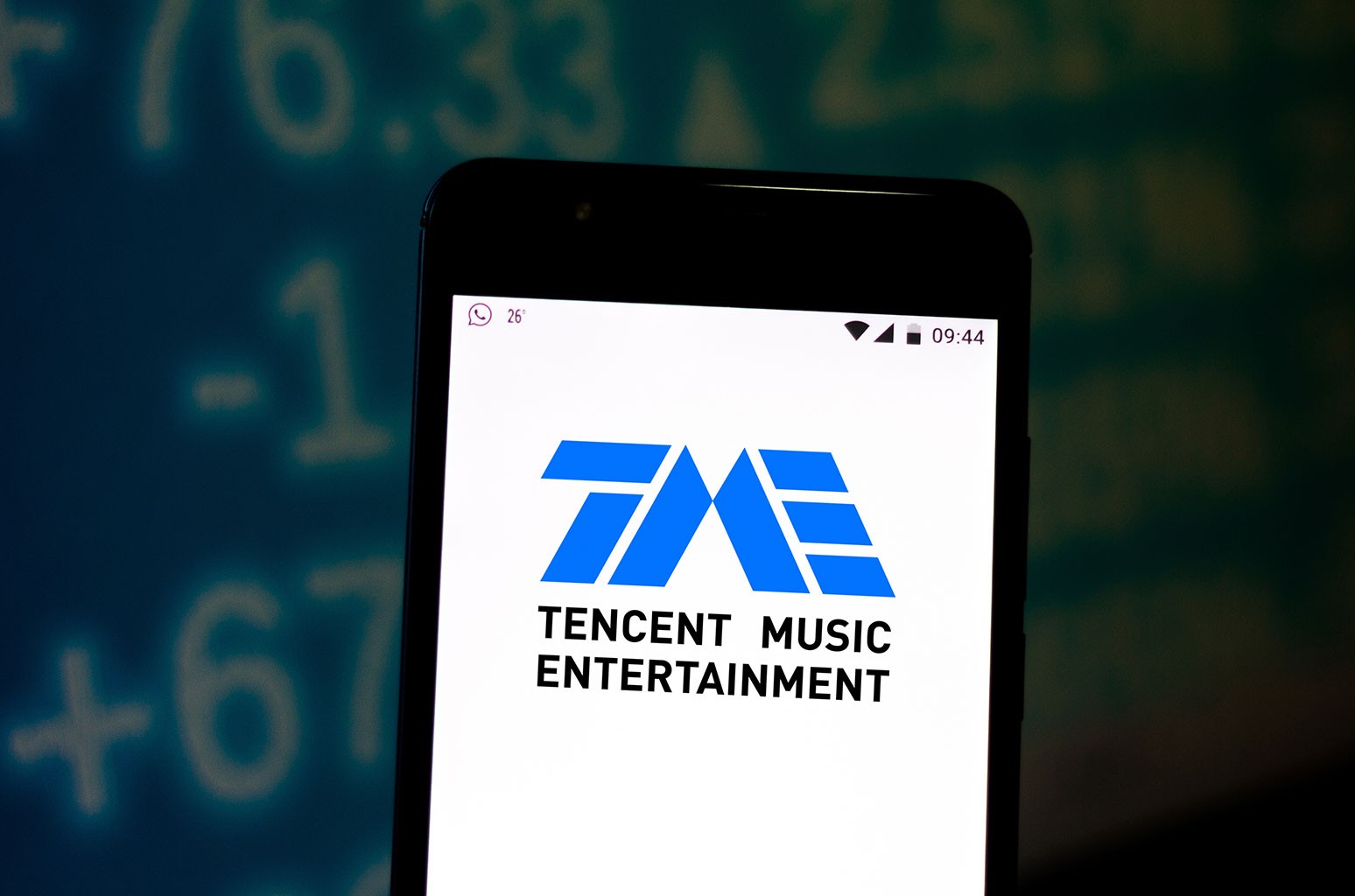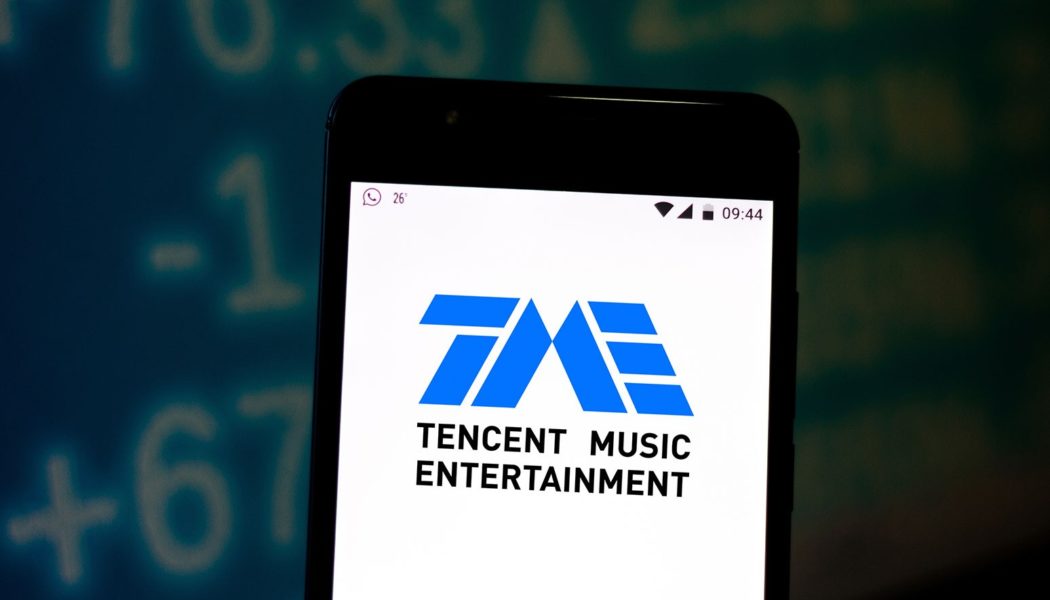
While Chinese regulators were placing strict control upon the country’s tech sector this spring, its local music streaming giant Tencent Music Entertainment improved revenue and subscriber numbers substantially. In the period from April 1 to June 30, the parent company to steaming services QQ, Kuguo and Kuwo saw music revenues climb 32.8% to 1.79 billion RMB ($277 million) and subscribers jump 40.6% to 66.2 million, compared to the prior quarter, according to the company’s second-quarter earnings report released Monday (Aug. 16). For a company with a 77% market share in the country, it’s a testament to the rapid pace of growth in China’s hot music market. (That’s far greater gains on both accounts, in percentage terms, than Spotify achieved in same time span — 17% and 19.6%, respectively — for example.) TME’s total revenue, which includes social entertainment, grew 15.5% to 8.01 billion RMB ($1.24 billion).
Those encouraging numbers are from a different era, however. They’re from before TME’s ensnarement in the Chinese government’s scrutiny of some foreign-listed companies — Tencent Music trades on the U.S. New York Stock Exchange — and key areas such as technology, healthcare and education. In April, regulators made international headlines by handing out harsh penalties to major tech companies, such as an 18.2 billion RMB ($2.8 billion) antitrust fine levied against Chinese e-commerce giant Ali Baba. Then in July, the Cyberspace Administration of China opened an investigation into ride-hailing app Didi, just days after its initial public offering raised $4.4 billion, and ordered app stores in China to remove Didi’s app. So far, the Chinese government has unleashed at least 50 regulatory actions — mostly affecting tech companies — in recent months, according to The Economist.











